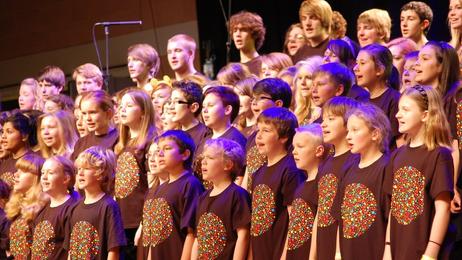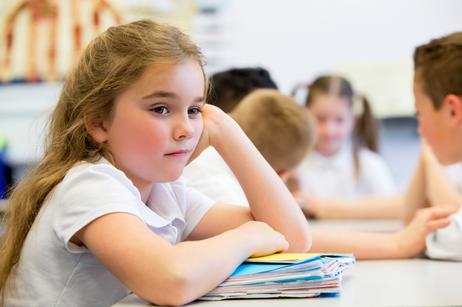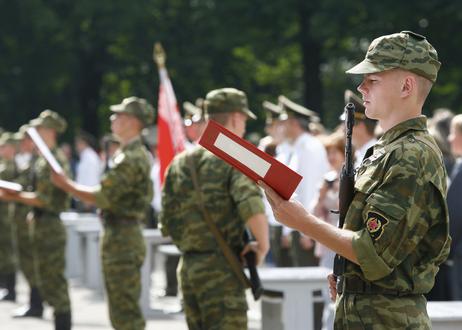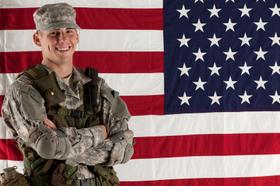Now and then, the question that occurs to me, as it should to you, is precisely why I think a particular school is one of the best. I have to conclude that the best schools have all of the following characteristics. What's more, they have them in abundance. Now, before you start thinking that I am only talking about older established schools, that ain't necessarily so. I am aware of a couple of newer schools that fit neatly into the category of best schools simply because they have all of the characteristics explained below. So let's look at what I think are the traits of the best schools.
Great leadership
The best schools have strong, dynamic, dedicated leaders. They are led by women and men who envision their goals and have the experience to execute their plans to achieve that vision. The head of the best school is a superb fundraiser, capable administrator, leader by example, and expects the best from everybody in her school community.
This video from Cristo Rey of Hope illustrates the clear vision of Cristo Rey schools.
.
I know of several schools which could have been great. But they never made it because their fractious board of trustees kept getting in the way of progress. Change is never easy. But it seems that boards often have a rather difficult time with change. That always surprises me because most


























